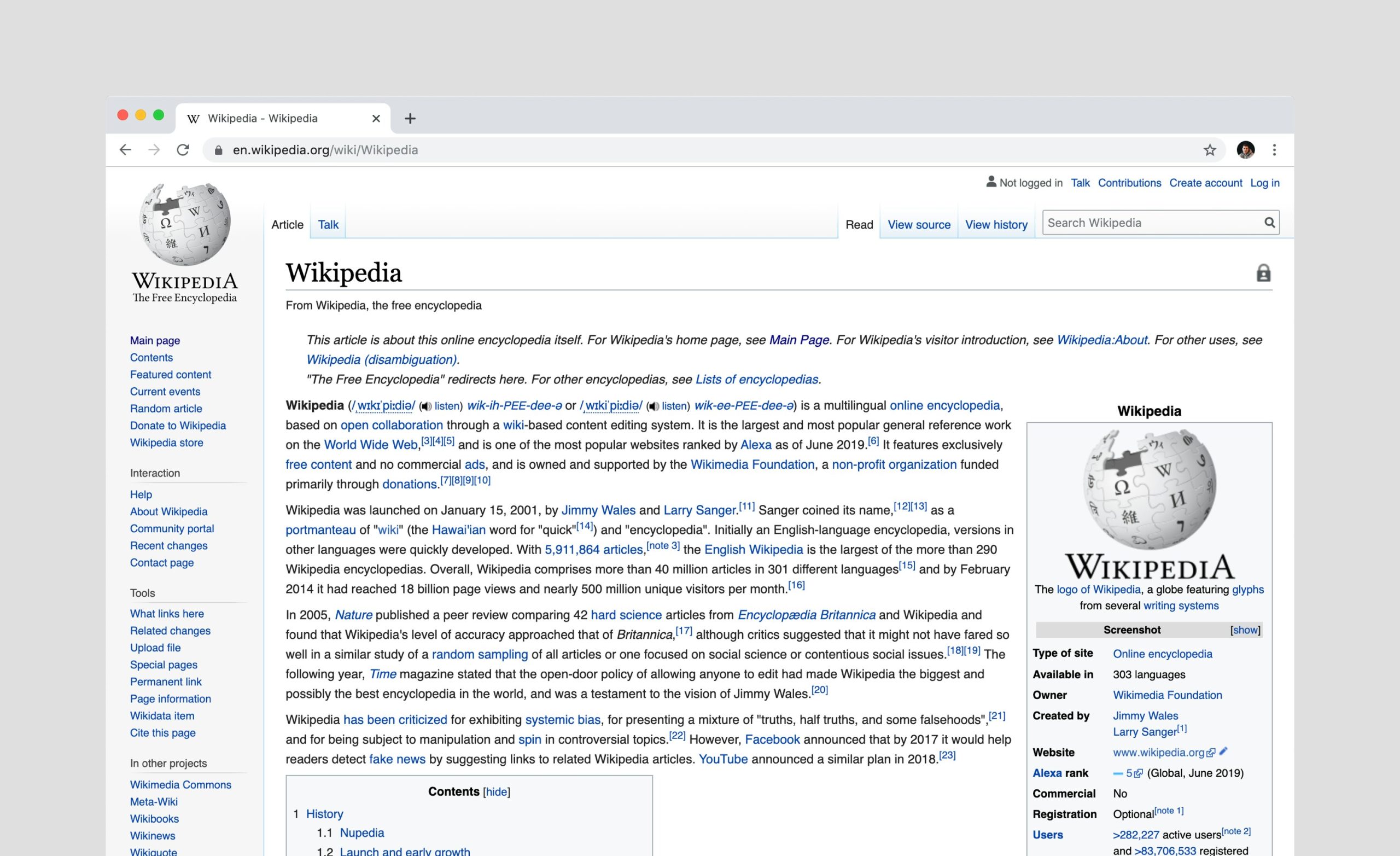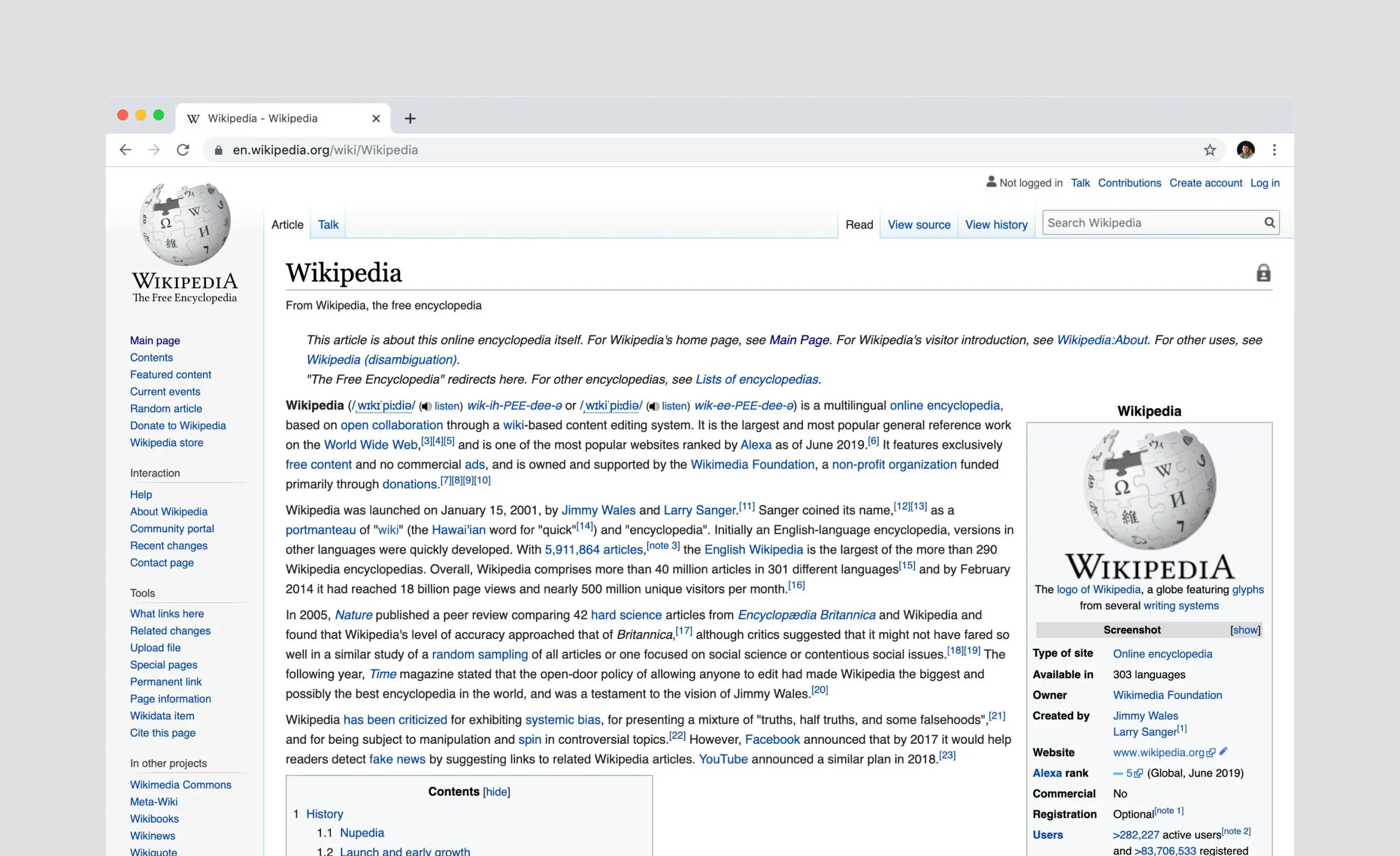
Wikipedia lost 8% of its readers this year because search engines now use artificial intelligence (AI) to answer questions with the site’s content without sending people back to read the original articles.
The online encyclopedia reported an 8% decline in human pageviews over recent months compared to the same period in 2024, according to an October 17 blog post from Marshall Miller, Senior Director of Product of the Wikimedia Foundation.
The decline only became apparent after Wikipedia upgraded its bot-detection systems. Around May, the site noticed unusual traffic spikes, mostly from Brazil. Investigation revealed sophisticated bots masquerading as humans.
“We believe that these declines reflect the impact of generative AI and social media on how people seek information, especially with search engines providing answers directly to searchers, often based on Wikipedia content,” Miller wrote.
This creates a troubling paradox. Wikipedia remains the internet’s most-cited source for AI systems. Research shows the encyclopedia accounts for 47.9% of ChatGPT’s top-10 most-cited sources. Google’s AI Overviews rely heavily on Wikipedia content.
Nearly all large language models train on Wikipedia datasets.
Yet this dependence doesn’t translate into website visits. Search engines display AI-generated answers at the top of results pages, pulling information from Wikipedia without requiring users to click through. A Pew Research study found that users were half as likely to click links when Google showed an AI summary.
Social media platforms compound the problem. Younger generations increasingly turn to TikTok, YouTube, and Instagram for information instead of text-based websites.
The traffic loss threatens Wikipedia’s foundation. The nonprofit relies on individual donations and volunteer editors to maintain its vast knowledge base. Fewer visitors means fewer potential donors and fewer people who might become contributors.
“With fewer visits to Wikipedia, fewer volunteers may grow and enrich the content, and fewer individual donors may support this work,” Miller said.
The foundation also reported a 50% surge in bandwidth usage from AI bots since January 2024 as companies scrape content to train their models.
Miller called on tech companies using Wikipedia content to direct more traffic back to the source. “LLMs, AI chatbots, search engines and social platforms that use Wikipedia content must encourage more visitors to Wikipedia, so that the free knowledge that so many people and platforms depend on can continue to flow sustainably,” he wrote.
Wikipedia is fighting back with new reader teams, mobile editing improvements, and experiments on platforms like TikTok and Roblox. The foundation is also developing attribution frameworks to ensure proper credit when its content appears elsewhere.
Miller encouraged people to click through to original sources when searching online and to talk about the importance of supporting human-created knowledge.























